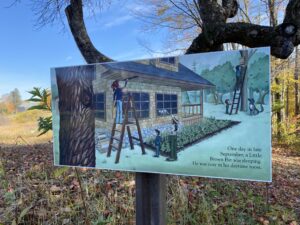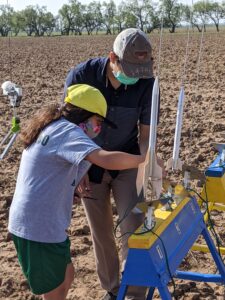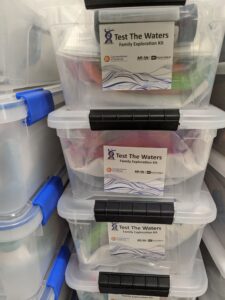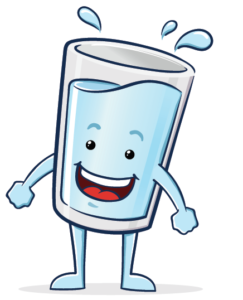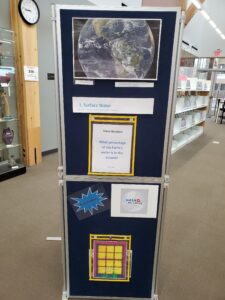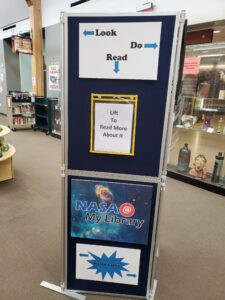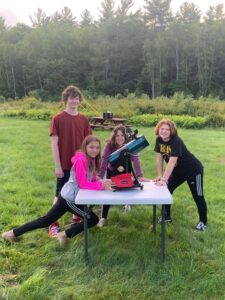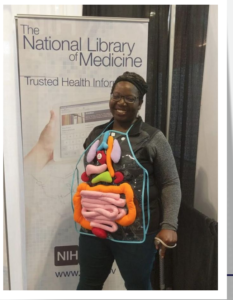
Many of us have struggled to find our footing during COVID-19. Others have seized the opportunity and managed to adapt and thrive. As we look to 2021, we know there will be more social distancing and interrupted programming for libraries, so watch these recently archived webinars to learn what programmatic endeavors library staff have engaged in recently and see what they have planned for the near future.
Webinar Series Addresses Pandemic-Era Library Programs
Last summer, recognizing that library professionals across the country were struggling to adapt during the COVID era, Cornerstones of Science launched a webinar series designed to bring together library professionals from across the country to share ideas. These webinars ended up being fun, educational, and offering a valuable way to connect too!
To date two webinars have been offered with more to come. The first: “Library Innovation and Pivot Activities During COVID-19” included two extraordinary presenters – Amy Hand, Children’s Librarian at the Camden Public Library in Maine, and Adam Pitts, Branch Manager at the Gwinnett County Public Library in Lawrenceville, Georgia. During a lively one-hour presentation, Amy and Adam walked through the strategies they have employed in order to deliver quality programming to their library constituents. The biggest takeaway for both librarians has been the critical importance of virtual programs and video. “Gwinnett had never done virtual programs before,” admitted Adam. “It was uncharted territory and there was a learning curve.” But library staff eventually mastered it and it has made all the difference.
The second webinar: “Outdoor Activities for your Community during COVID-19,” with presenter Wanda Green, Assistant Library Director, from the Tom Green County Public Library System in San Angelo, Texas, discussed how libraries can do outdoor programs during the pandemic. Green focused on a summer rocketry camp that was part virtual and part in-person. There were challenges and success that Green discussed in detail, but overall it was a doable program and much beloved.
Outdoor programming can be important even through the coldest winter months. Fortunately, engaging STEM passive and active programs, such as story walks, story-hour, stargazing, animal tracking, tree identification, etc. are already well-suited for the shorter days of the year, and with the right gear, getting outside and learning outside is not only possible, it’s fun and healthy too.
Cornerstones is excited to be presenting more webinars in the future. We hope you will join us either as a participant or a presenter. Let us know if you have a topic you think we should cover.

